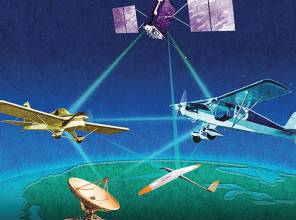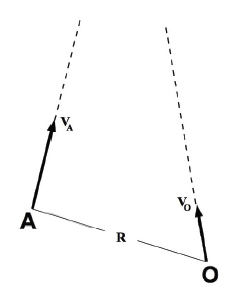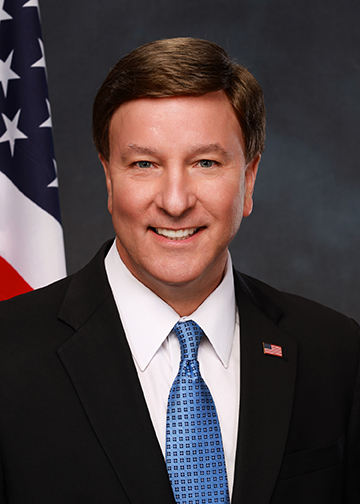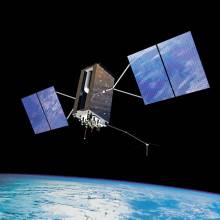Funding Boosted for GPS Backup and WAAS, but Civil GPS Funding in Question
On July 27, while most of Washington was focused on the Senate’s healthcare drama, House lawmakers quietly passed their defense appropriation bill and approving in the process a last-minute spending boost for the demonstration of a GPS backup.
By Inside GNSS







.jpg)




